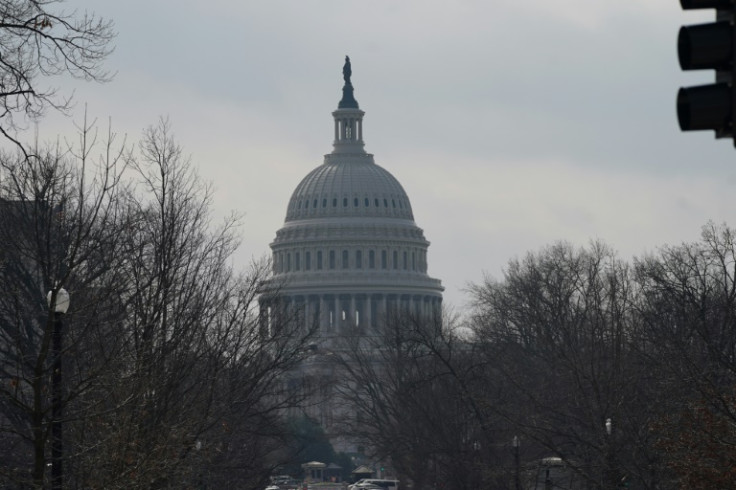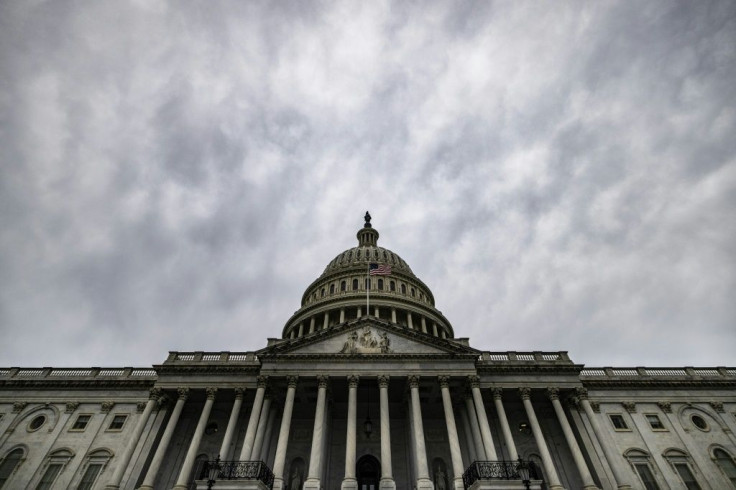Debt Ceiling: Default Could Mean No Salaries For Government Employees, Military; Delayed Checks For Veterans

KEY POINTS
- The U.S. may decide to delay payments to government employees by a week to cover other bills
- Veterans could also receive delayed checks if the country reaches default
- Washington lawmakers are expected to meet and discuss the debt ceiling Tuesday
The United States is now nearing a deadline to raise the national debt ceiling, with lawmakers and experts sounding the alarm on how reaching a default could affect payments to be made to federal employees and veterans.
The "debt ceiling" is a cap on how much debt the U.S. federal government is allowed to accumulate before it is required to pay the interest. Failing to make payments when they are due would be considered hitting the default.
Should the U.S. reach a default, the federal government may decide to stop paying federal employees to cover other bills, per Dr. Patrick Gourley, an associate professor of economics at the University of New Haven.
"It could be that they decide not to pay back some of the interest on their debt, and that would be a default. Or it could be that they decide 'Hey, we're just not going to pay government employees this week,' in which case it's not a default," Dr. Gourley said in the Government Executive podcast, adding, "Something has to give."
In addition to government employees, army service members may also receive their paychecks later than usual as the Pentagon "won't, in some cases, be able to pay our troops with any degree of predictability" should a default happen, per Defense Secretary Llyod Austin.
"What it would mean realistically for us is that we won't, in some cases, be able to pay our troops with any degree of predictability. And that predictability is really, really important for us," he said last week. "This would have a real impact on the pockets of our troops and our civilians."
Paychecks for government workers and the military won't be the only ones affected. Veterans could also receive delayed checks if the country reaches default.
As of Monday, the Biden administration and the Republicans were at a standstill over whether the country should raise the debt ceiling or exact spending cuts. The Treasury Department has warned that the country could default as early as June 1.
Another meeting to discuss the debt ceiling between President Joe Biden, House Speaker Kevin McCarthy, R-Calif., Minority Leader Hakeem Jeffries, D-N.Y., Senate Majority Leader Chuck Schumer, D-N.Y., and Minority Leader Mitch McConnell, R-Ky, is scheduled for Tuesday.

© Copyright IBTimes 2025. All rights reserved.






















